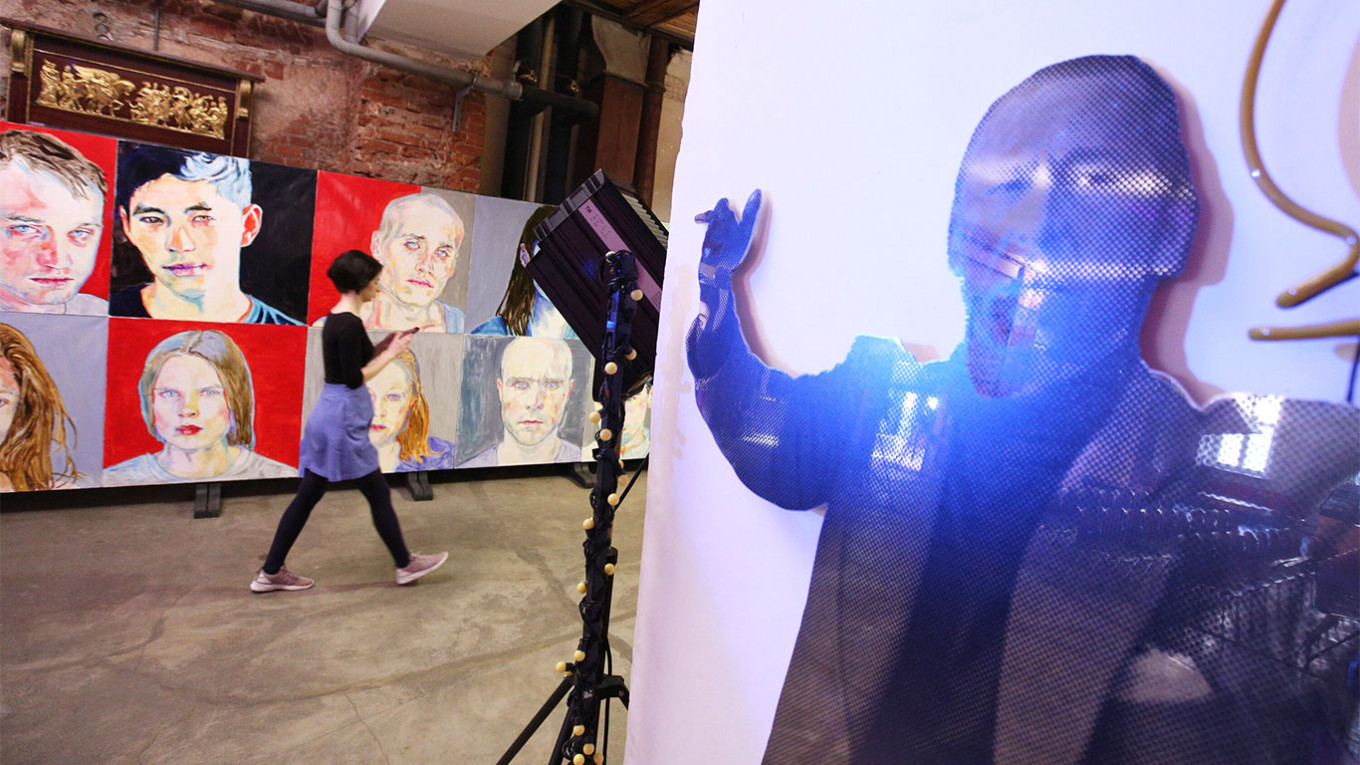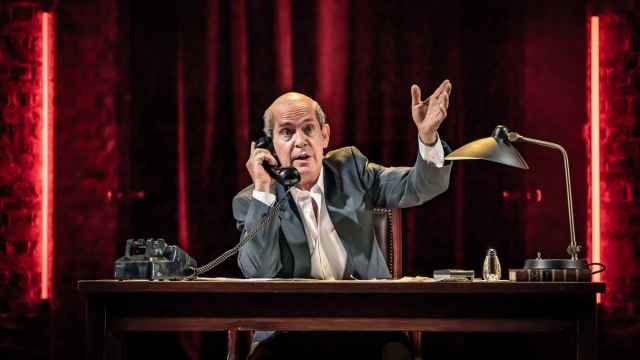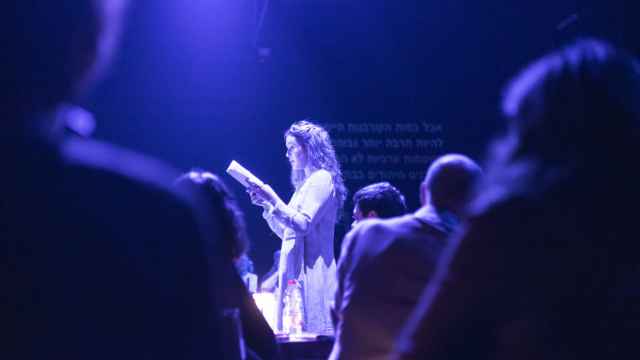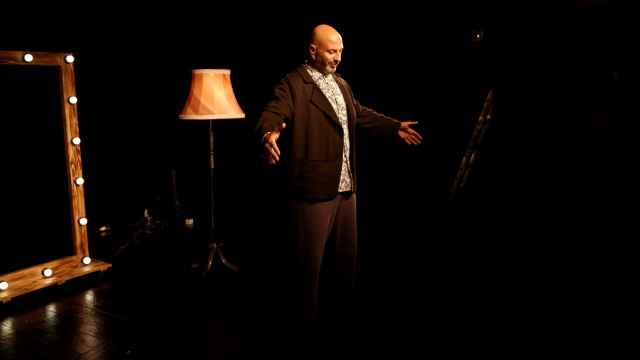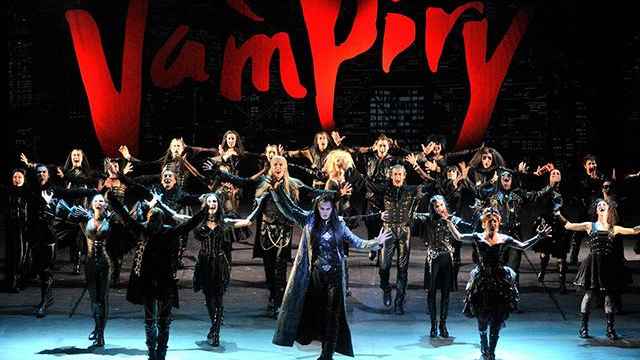On June 29, the Moscow Department of Culture announced that the contracts with the current artistic director and director of Gogol Center would not be extended. The announcement stated that the theater, which “has been working under the pseudonym Gogol Center,” would revert to its original name: Gogol Theater.
And so ends a theatrical era. Ten years ago film and theater director Kirill Serebrennikov became artistic director of what was then the rather moribund Gogol Theater. He renamed it Gogol Center and created the most exciting venue for live theater in the capital.
The banner of innovation seemed to encourage other Moscow theaters to step up their experimentation. The Theater of Nations, the Meyerhold Center and even the Bolshoi Theater, where Serebrennikov staged the controversial ballet “Nureyev” — now removed from the repertory — shook off some cobwebs. Moscow was the city where you could see impeccably staged and performed classical theater one night and the next night see, for example, Serebrennikov’s gender-bending production of two plays by Heiner Muller called “Muller Machine.” Gogol Center’s productions won numerous Russian and foreign awards.
Censorship of sorts slowly ate away at some of the impact of the original productions, and then in 2017 Serebrennikov and other colleagues were accused of embezzling millions of rubles from the theater. In the end, after years of being under house arrest, he was convicted but sentenced to three years of probation. In 2021 he was fired as director of Gogol Theater. At the end of March 2022 he was permitted to travel abroad. He has since been working in Europe.
After Serebrennikov was fired, the theater continued to thrive under artistic director Alexei Agranovich and director Alexei Kabeshev. In the 18 months under their leadership, Gogol Center put on seven premieres and enjoyed almost SRO audiences at every performance.
Their contracts, set to expire on July 4, will not be renewed, the Moscow Department of Culture announced, but the theater will continue to hold performances under Anton Yakovlev as artistic director and Alexander Bocharnikov.
On his Telegram channel, Sererbrennikov wrote that the authorities “had decided to close the theater. For its stance. For its integrity. For its attempt at freedom. For this: all these months that war has been waged, the actors do not come out for their bows in protest, and each performance ends with the image of the dove of peace. And for this: the theater did not remove my productions from the repertory.”
The last premiere at Gogol Center was “Save Face,” based on poetry by Andrei Voznesensky.
Footage from the theater's final performance on Thursday — “I do not participate in the war,” based on poetry by Yuri Levitansky — showed a packed house giving a standing ovation.
A Message from The Moscow Times:
Dear readers,
We are facing unprecedented challenges. Russia's Prosecutor General's Office has designated The Moscow Times as an "undesirable" organization, criminalizing our work and putting our staff at risk of prosecution. This follows our earlier unjust labeling as a "foreign agent."
These actions are direct attempts to silence independent journalism in Russia. The authorities claim our work "discredits the decisions of the Russian leadership." We see things differently: we strive to provide accurate, unbiased reporting on Russia.
We, the journalists of The Moscow Times, refuse to be silenced. But to continue our work, we need your help.
Your support, no matter how small, makes a world of difference. If you can, please support us monthly starting from just $2. It's quick to set up, and every contribution makes a significant impact.
By supporting The Moscow Times, you're defending open, independent journalism in the face of repression. Thank you for standing with us.
Remind me later.


